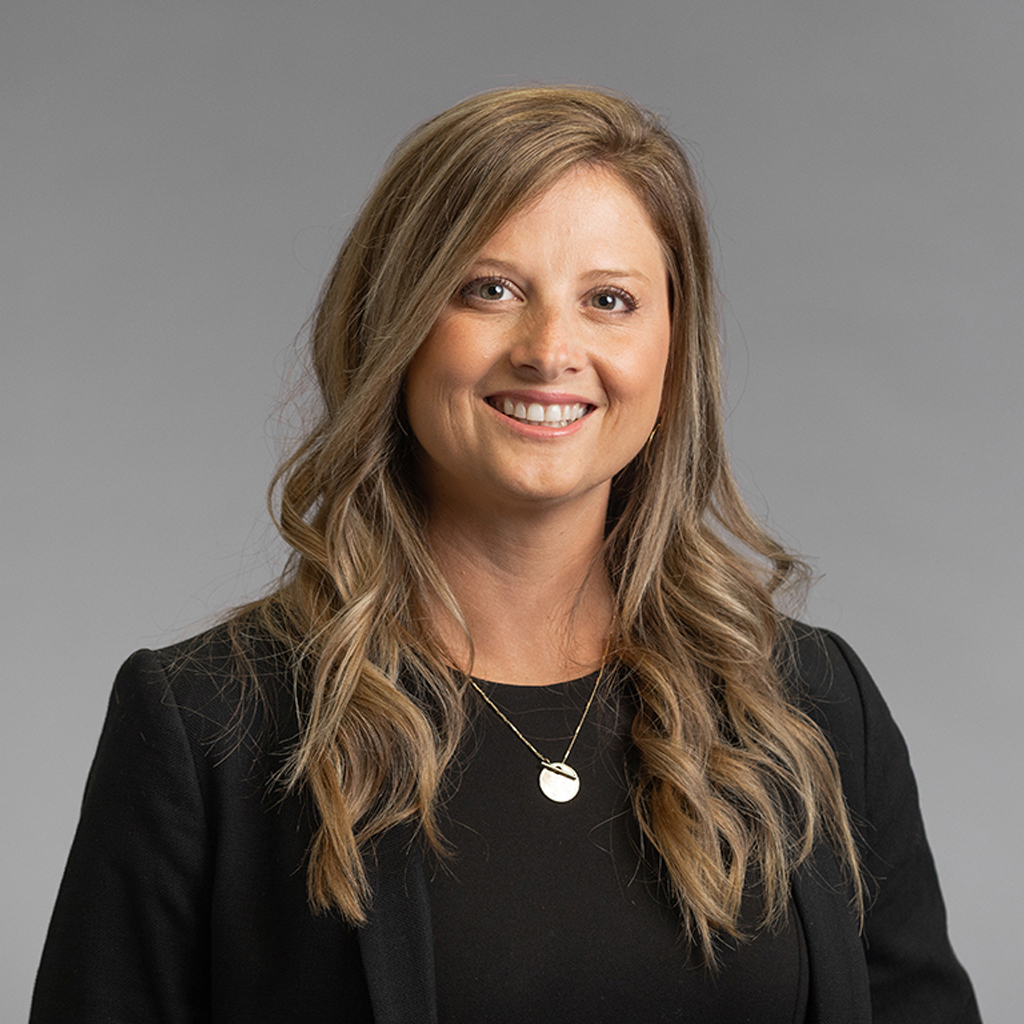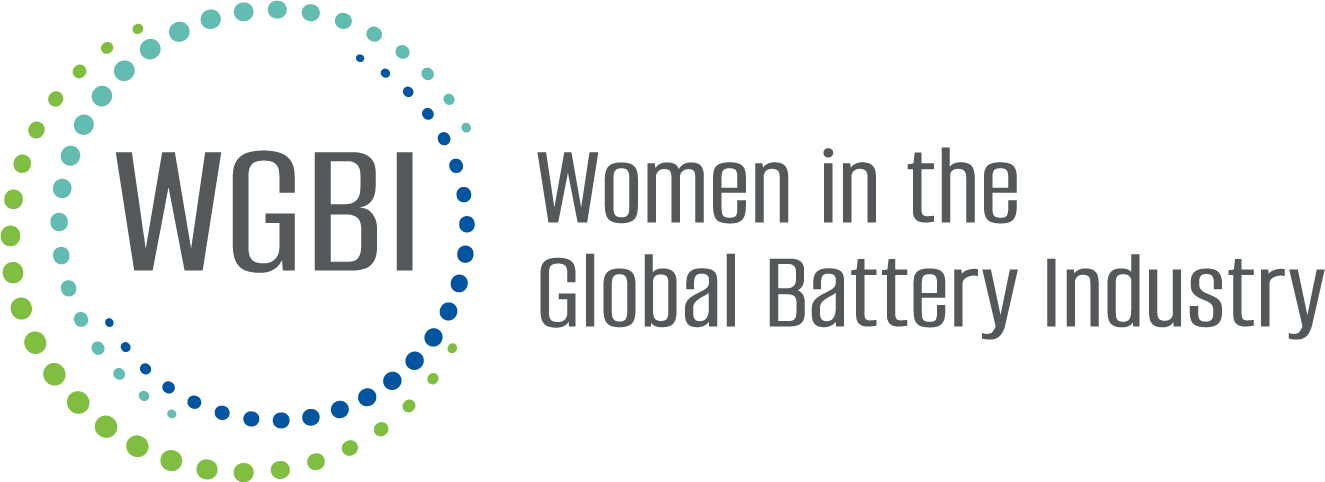The Women in Global Battery Industry (WGBI) recently hosted an insightful webinar featuring Catherine Azeles, a Partner and Investment Consultant at Conrad Siegel with 20 years of experience in the financial industry. Azeles shared her passion for helping women achieve financial independence and addressed the unique financial challenges women face in today's world.
The Gender Gap in Finance
Azeles highlighted several stark realities about women and finance. She noted that 70% of women feel the financial industry caters primarily to men, and only 27% of financial advisors in the U.S. are women, with just 8% holding CFP designations. Women have historically faced significant financial barriers—they couldn't own property until 1862 and couldn't apply for credit cards independently until 1974.
Financial Challenges Unique to Women
The presentation outlined several factors that contribute to women's different financial journeys. Women typically accumulate less wealth over their lifetimes than men and spend an average of 44% of their adult lives out of the workforce, compared to 28% for men. The gender pay gap compounds over time, affecting savings potential, while caregiving responsibilities often create financial setbacks for women. Many women also report lower financial confidence, with a significant number regretting not investing more of their money during their working years.
The Changing Landscape
Despite these challenges, Azeles noted encouraging trends. Women now control 51% of the wealth in America, and in 40% of U.S. households, women are the primary breadwinner. However, women still invest their money at significantly lower rates than men, often tailoring their financial goals toward family and loved ones rather than personal wealth accumulation.
Financial Planning at Different Life Stages
Azeles provided practical guidance for women at various stages of their financial journeys. For foundational steps, she advised managing debt strategically by distinguishing between "good" and "bad" debt, and building an emergency fund covering 3-6 months of expenses. She emphasized taking advantage of employer retirement benefits such as 401(k)s and IRAs, targeting 10-15% of income toward retirement savings, and reviewing insurance coverage and estate plans regularly.
Additional considerations include saving for children's education, planning for aging parents, ensuring proper investment allocation, and establishing trustworthy financial guidance. For retirement planning, women should consider mortgage payoff strategies, plan for health care transitions, develop tax-efficient withdrawal strategies, and create a sustainable spending plan.
Key Takeaways
Azeles emphasized focusing on what you can control in your own "personal economy," including your saving habits, risk tolerance, financial priorities, and long-term goals. She reminded attendees that market volatility is normal—since 1926, the stock market has rewarded participants with approximately 10% annual returns. The duration of investing matters more than timing the market perfectly, so individuals should avoid making short-term decisions with long-term money.
Azeles concluded by encouraging women to break the taboo around discussing money, acknowledge financial challenges specific to women, plan early and often, and take decisive action toward financial independence. For more insights from Catherine Azeles, WGBI members can subscribe to her Woman’s Purse-pective newsletter.
